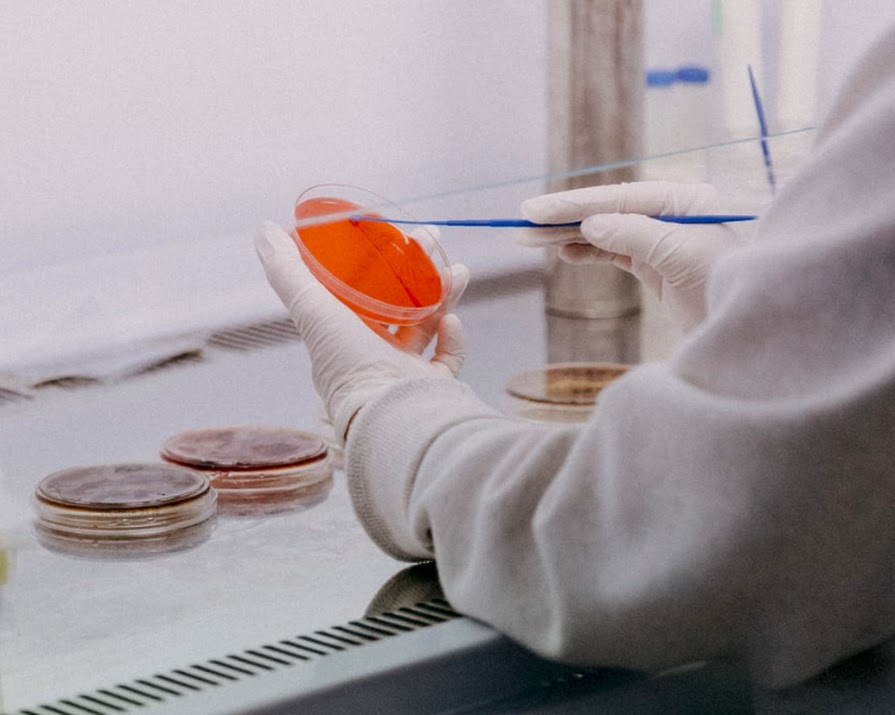
Study finds those who have recovered from Covid could be immune to mutant variants for at least six months
By Amanda Cassidy
24th Jan 2021
24th Jan 2021
A few grim announcements this week in relation to vaccine delays and restriction extensions have left us pretty low but a new study published in Nature has brought some welcome news
People who have had Covid-19 are protected against coronavirus for at least six months and likely even longer according to a study published in the journal Nature.
The research also says that the immune system evolves long after the infection and may even block varients of the virus such as the South African form as part of that six month immunity.
“Exciting news”
The study, carried out by scientists at Rockefeller University says that this provides the “strongest evidence yet” that the immune system remembers the virus.
In some more positive news, they believe that our immune system also continues to improve the quality of antibodies produced – even after the infection has waned.
Digging a little deeper, the scientists noted that antibodies are produced by immune cells that keep evolving because of continued exposure to the virus which lurks in our gut tissue.
Co-author of the study, Michel Nussenzweig described the findings as “really exciting news”. He says that “The type of immune response we see here could potentially provide protection for quite some time by enabling the body to mount a rapid and effective response to the virus upon re-exposure”.
This research has found that when recovered patients next encounter the virus, the response will be faster and more effective, preventing reinfection.
Holding the line
Meanwhile, the number of new coronavirus cases here dipped below 2000 yesterday for the first time since New Year’s day and the number of patients in intensive care fell by two to 217.
According to reports in today’s Sunday Times, Chief Medical officer Dr Tony Holohan is believed to have recommended that the current level 5 restrictions will remain in place until February 28th when they will be further reviewed.
The cabinet will meet on Tuesday to discuss the extension of lockdown, travel restrictions, and the issue of the return to school will also feature on the agenda.
Image via unsplash.com























